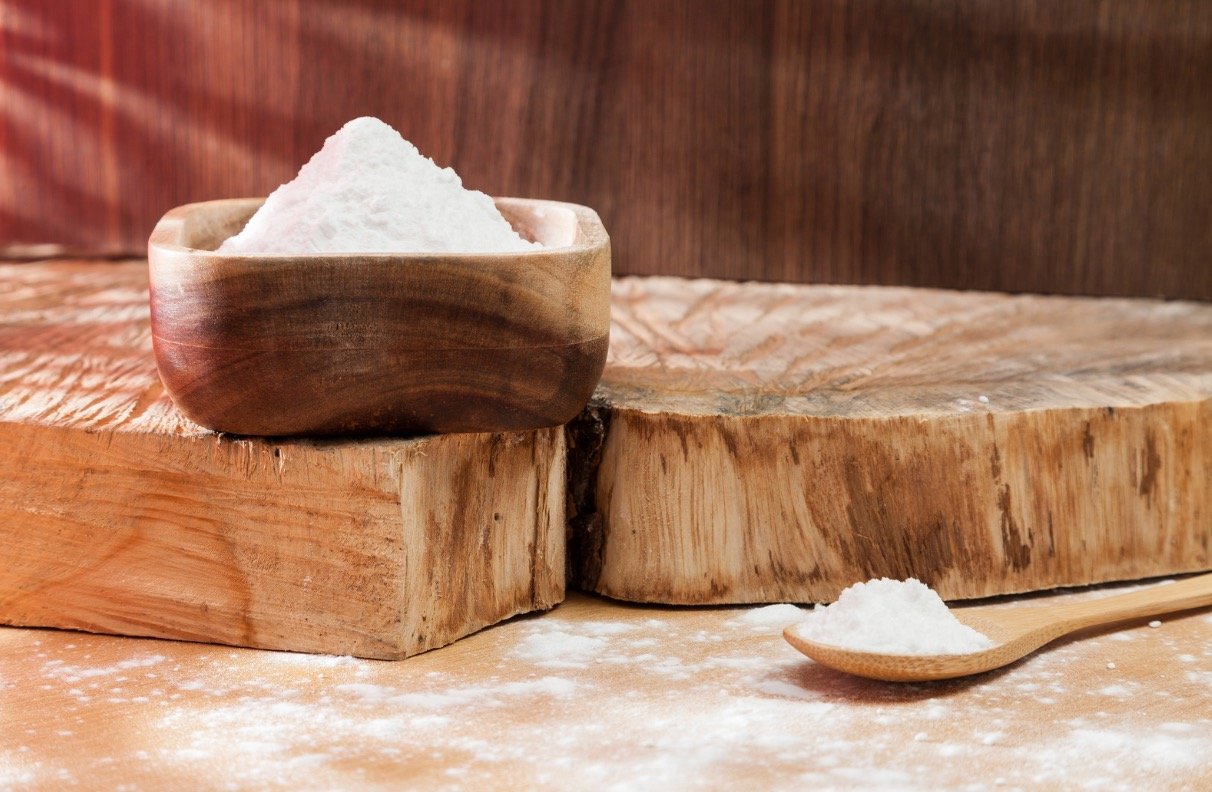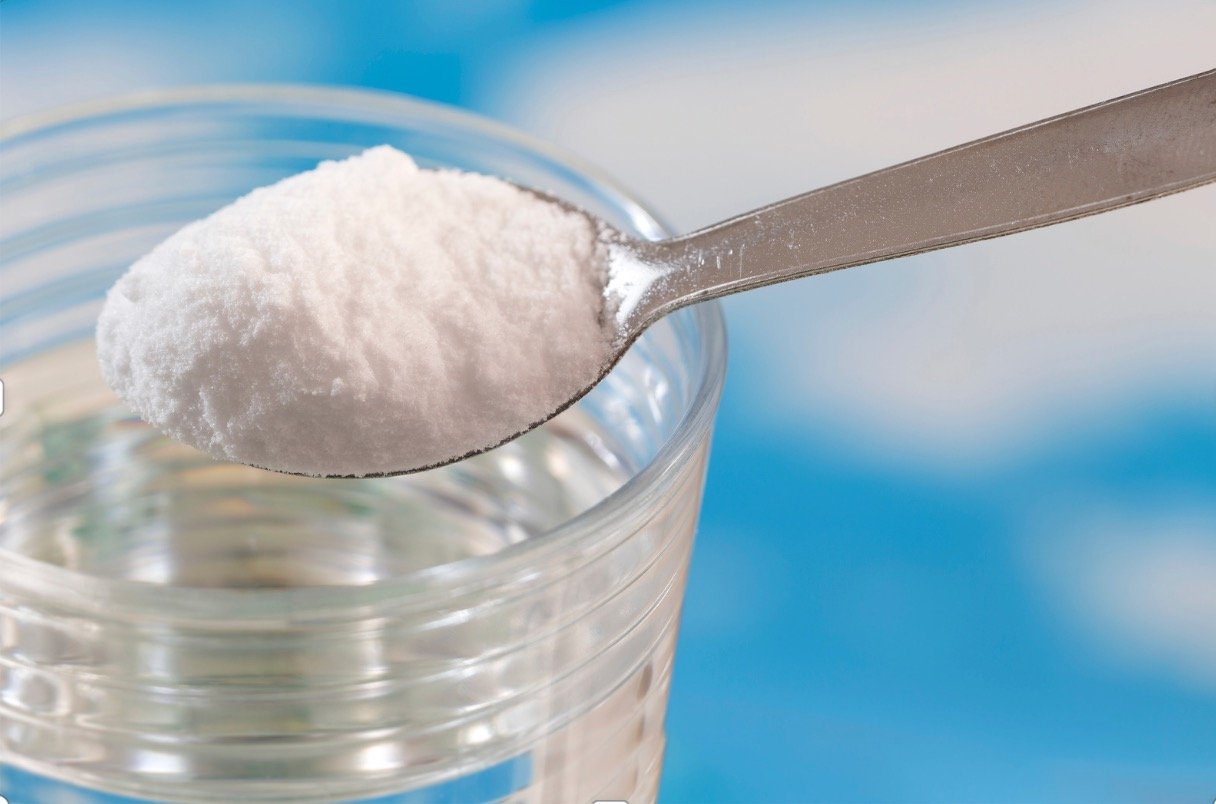Sodium Bicarbonate for Endurance Athletes: Does it Actually Work?
Baking soda, or sodium bicarbonate, as a performance supplement.
Have you heard the buzz about sodium bicarbonate? Could it give you an edge? Let’s break it down: what it is, how it works, and whether it’s worth trying.
What Is Sodium Bicarbonate?
Sodium bicarbonate, or baking soda, is a compound of sodium and bicarbonate. It’s been studied for its potential to boost performance, particularly in short bursts of high-intensity effort during endurance sports like running, cycling, swimming, and rowing. Research even suggests it may improve long-term training adaptations (1).
How Does It Work?
High-intensity exercise produces hydrogen ions in muscles, increasing acidity and contributing to fatigue. Sodium bicarbonate, when consumed, raises blood bicarbonate levels and makes it slightly more basic. This reaction helps neutralize muscle acidity, delaying fatigue and allowing you to sustain effort longer (1,2).
When Is It Useful?
Sodium bicarbonate is most effective during:
High-intensity efforts (30 seconds–12 minutes): Boosts sprint performance in cycling, running, swimming, rowing and other endurance sports. It also improves muscular endurance in combat sports like tae kwon do. The benefits of sodium bicarbonate are primarily established for high-intensity efforts lasting 30 seconds to 12 minutes (1, 3,4,5).
Peak Efforts during Endurance Events: May enhance peak performance in segments like sprinting during longer races (3).
Heat conditions: Limited research suggests it may reduce hyperventilation, improve brain blood flow, and lower perceived exertion in hot environments (6).
Runners lining up on the track. Speed endurance events benefit from sodium bicarbonate.
Supplementation: Dosage, Timing, and Side Effects
Dosage: Start with 0.2g/kg; the optimal dose is 0.3g/kg. Higher doses (0.4–0.5g/kg) may cause more side effects (1).
Timing: Take a single dose 1–3 hours before activity. Alternatively, spread the total amount into smaller doses over 3–7 days to minimize side effects (1).
Side Effects: This may include bloating, diarrhea, and abdominal discomfort. Pairing it with a high-carb meal or new delivery systems (e.g., Maurten’s bicarb system) can reduce gut distress (1,4).
Athletes use baking soda or one of the new delivery supplement systems.
Final Thoughts
Sodium bicarbonate can enhance performance during short bursts of high-intensity effort, but results vary by individual. Side effects are common, so experiment during training—not on race day.
Remember, supplements aren’t a substitute for solid nutrition. A balanced diet remains the foundation of athletic performance. Consult a Sports Dietitian to determine if sodium bicarbonate fits your plan and to fine-tune dosage and timing.
When used strategically, sodium bicarbonate might give you the edge you want!
Article written by: Neha Benwait | Edited by: Ashley Leone
Ready to take your performance to the next level with personalized sports nutrition? Book an appointment with Ashley, an expert Sports Dietitian who’s helped hundreds of athletes and active individuals fuel smarter and train stronger.



